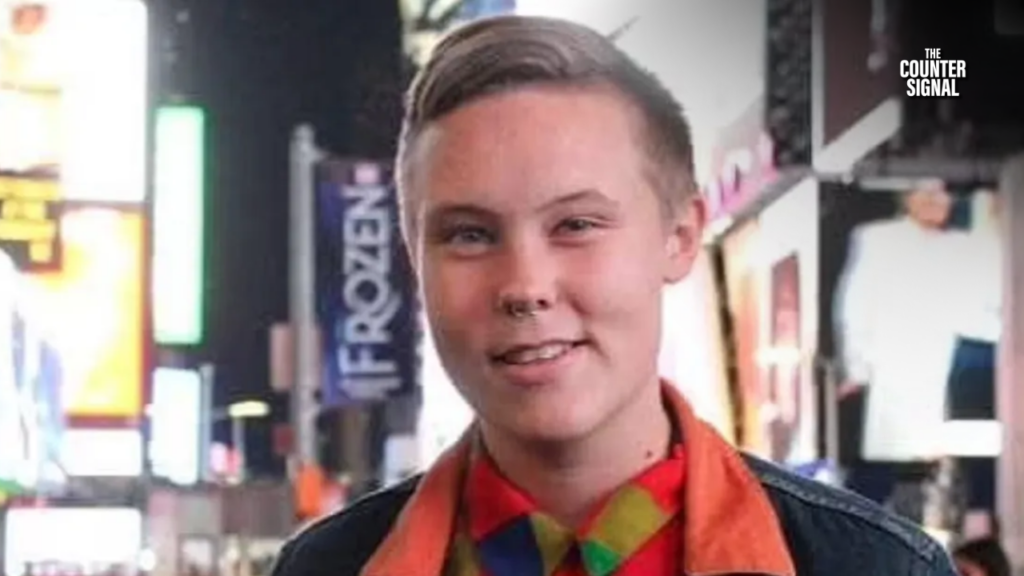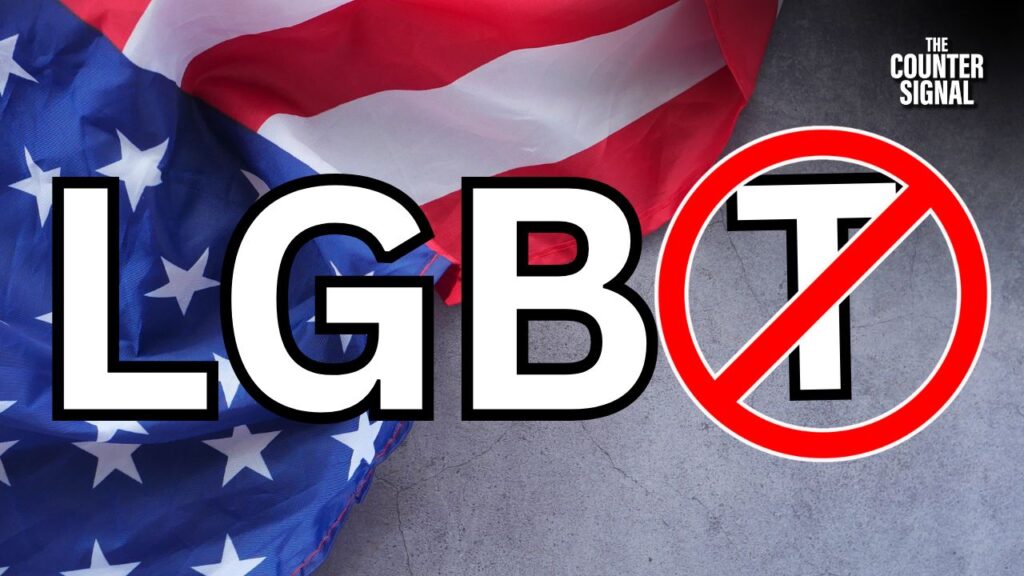The University of Ottawa’s School of Psychology has declared that up to 67% of its initial offers for the clinical psychology doctoral program will be reserved for non-White applicants.

The department introduced the new initiative in the name of diversity, equity, and inclusion (DEI).
During the application process, candidates now have the option to self-declare BIPOC status (Black, Indigenous, Person of colour).
According to Ottawa University, “The School adopted the same definition of BIPOC as that used by Statistics Canada, which includes people from the following backgrounds: Black, Indigenous, People of Colour, South Asian, Chinese, Filipino, Latin American, Arab, Southeast Asian, West Asian, Korean and Japanese and other racialized people.”
This decision aims to rectify historical underrepresentation and “systemic biases” in clinical psychology.
In a related announcement, the university announced a revised admissions scoring grid, something they say is “more equitable.” This means they won’t strictly rely on merit-based (colour-blind) metrics, rather take into consideration what’s commonly referred to as “lived experiences.”
Toronto Metropolitan University
Similarly, a new medical school in Toronto has promised to accept a majority of students based not on merit but their skin tone, ancestry, or sexual orientation.
Applicants for Toronto Metropolitan University’s (TMU) have been informed that 75% of those accepted will have to be either Black, Indigenous, or “Equity-deserving,” which covers a range of criteria, including anyone who isn’t White or anyone who identifies as LGBT.
The moves by both institutions highlight a national trend in higher education where DEI policies are increasingly driving admissions processes.










Psychology isn’t a real field anyway. It’s on par with voodoo or star signs.
Need some nuts to go with your policy?